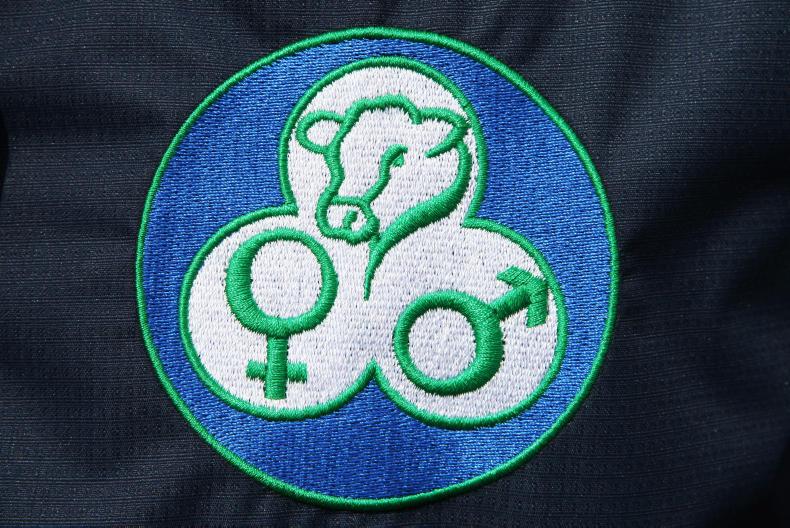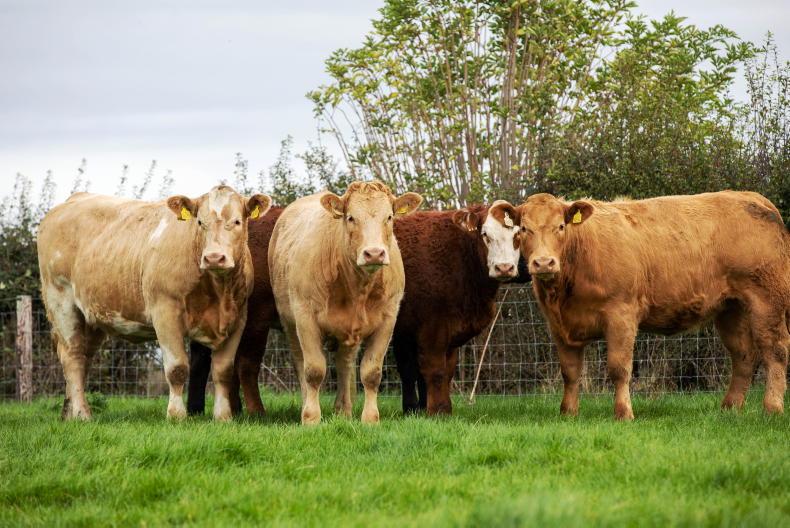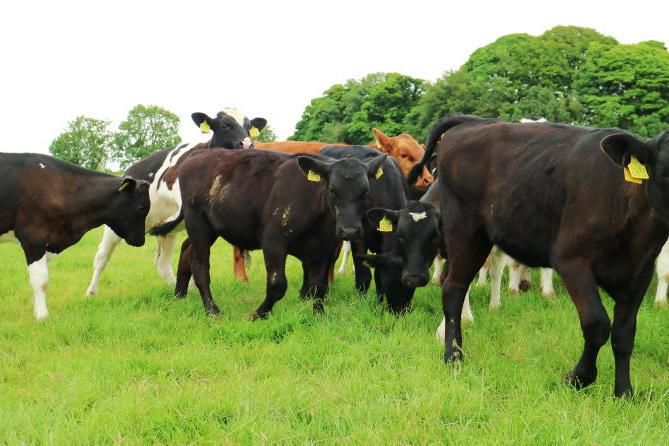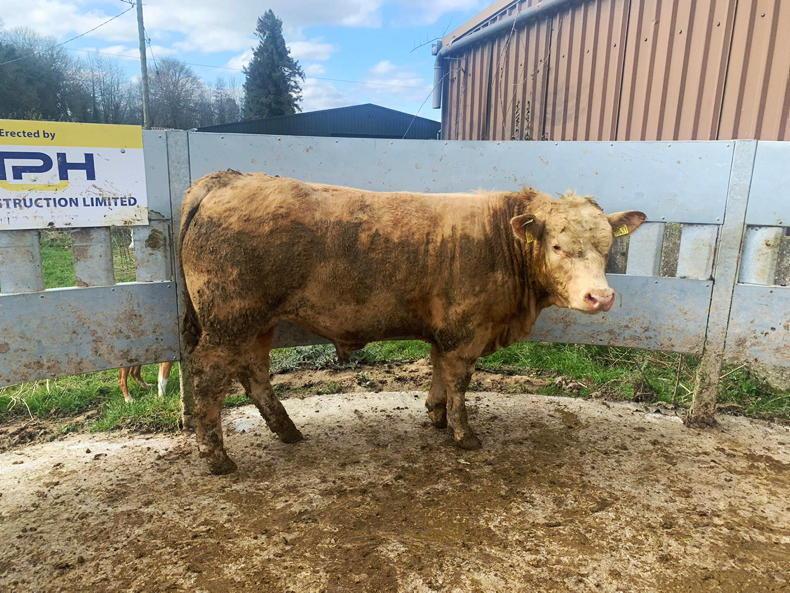The ICBF Beef Gene Ireland programme was set up in spring 2014 and is responsible for progeny testing of young AI bulls. Semen from young, beef AI sires is distributed to herds, and the resulting calves are tested for various traits, eg calving ease, daily gain, fertility and milk. ICBF co-ordinates the programme, holding regular meetings with the participating stakeholders: breed societies, commercial suckler farmers, pedigree breeders, NCBC and Dovea. The €uro-Star details of all the young, pedigree bulls are extracted from the ICBF database and depending on the breed size, a group of 20-40 bulls is selected. ICBF gets these bulls and their dams inspected by breed society linear scorers. Based on both the €uro-Star figures and the inspection results, certain bulls are selected by a breed committee and purchased by the programme for progeny testing.
The programme has a strong focus on the replacement index of the selected bulls and the milk and fertility of their dams. The Gene Ireland system draws on expertise from across the cattle breeding industry so the best-possible group of maternal young bulls is progeny tested. This approach also means that maintaining a pool of ‘outcross’ genetics is possible.
Is the Gene Ireland Programme working?
Speaking to the Irish Farmers Journal at a Teagasc event on Billy and Niall Nicholson's farm in Crosshaven, Co Cork, this week, Chris Daly explained some of the benefits of the programme.
"The proof is in the figures, there are currently five bulls out of the top 10 in the active bull list bred on Irish farms. If you consider the bulls used by AI companies and bulls formerly of AI not bought by AI companies, nine out of the top 10 are Irish. The bulls not bought by the AI companies were bought as stock bulls by commercial producers."
Suckler herd quality
" The suckler herd over the past four years has been producing more efficient cows with better calving intervals, as the national average has gone from 407 days to 393 days. The percentage of heifers calving at 24 months has risen from 16% to 24%. All the trends are positive.
“The notion that there is a quality reduction in the Irish suckler herd is a myth." Daly said. "The recent influx of halfbred stock from the rising dairy herd has caused a reduction in carcase weight in the national kill figures." Daly insists this is a separate issue to the suckler herd quality.
The function of the programme is to identify and test for higher index, quality, maternal bulls. The cost of progeny testing a pedigree bull is €15,000/bull. This means the ICBF has invested €1.5m into the programme to date, as up to 150 bulls have been progeny tested so far.
IFA comment
Tim Mulcahy county livestock chair of the IFA in Cork believes if we are to market our beef in a way that is best for our exports the suckler herd must be protected. The only way to do this is by utilising the BDGP.
“The recent negative press around the BDGP is unfortunate, a scientific tool to select between two animals is now available to us.”
Mulcahy acknowledged it is not perfect, "we need more weighing data and genomic data to build up information over time". He is a strong advocate of BDGP and has been part of the scheme since it started four years ago.










SHARING OPTIONS